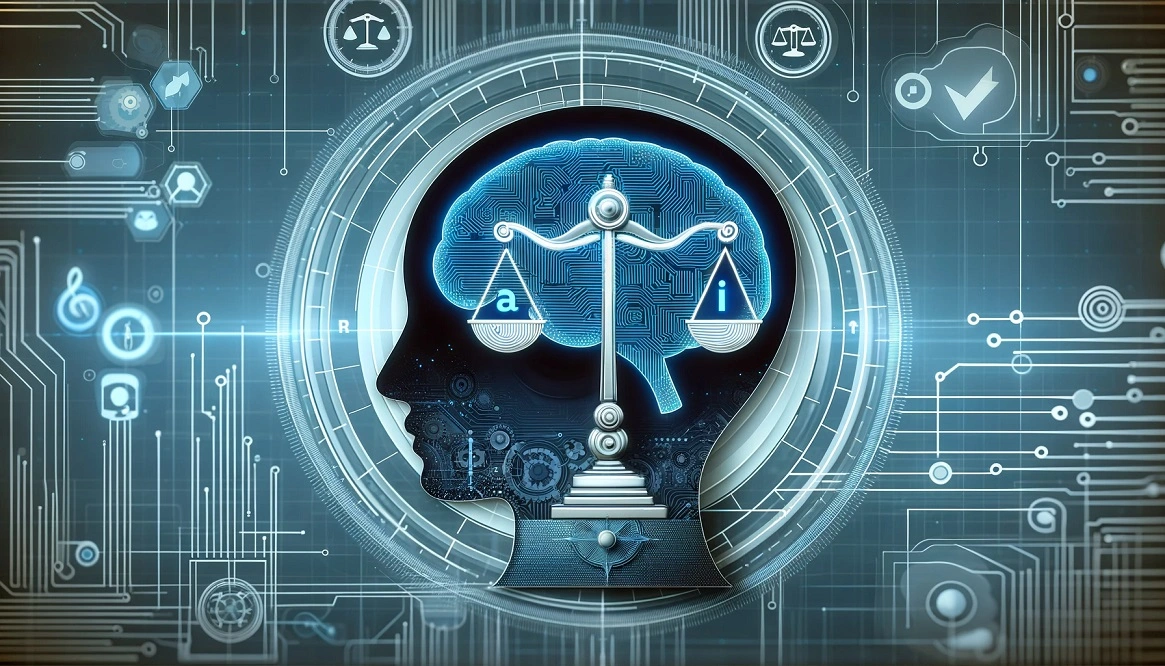Blogs
Explore stories shaping the future of artificial intelligence.
5 AI Tools You Should Be Using in 2025
1. ChatGPT (by OpenAI)
ChatGPT remains a go-to for writing, brainstorming, coding, and quick research. With GPT-5 capabilities, it’s faster, smarter, and better at understanding complex instructions.
2. Midjourney v6
An AI image generator that turns text into stunning artwork. Great for designers, content creators, and marketers looking for visual inspiration on the fly.
3. Runway ML
Perfect for video editors and content makers, Runway lets you generate, edit, or remove video elements using natural language. AI-powered video editing is now a reality.
4. Notion AI
Take your productivity up a notch. Notion’s AI assistant helps summarize meeting notes, write to-do lists, and generate ideas—all within your workspace.
5. Perplexity AI
This new-gen search engine offers clear, cited answers with less clutter. Think of it as Google, but faster, more focused, and powered by language models.

The Ethics of AI: Are We Moving Too Fast?
Artificial intelligence is evolving rapidly—but are our morals and systems evolving with it?
From deepfake scams to job automation, AI’s progress raises serious ethical questions. Here are a few key concerns making headlines in 2025:
1. Bias in Algorithms
AI learns from data, and data often reflects real-world inequalities. Facial recognition systems still show racial bias. Hiring AIs may unknowingly favor certain demographics.
2. Job Displacement
AI-powered automation is replacing human labor in transportation, customer service, and even creative fields. While new roles emerge, not everyone can easily transition.
3. Privacy & Surveillance
With smart homes, wearables, and always-on voice assistants, AI is everywhere—collecting more data than ever. Who owns your data? Who controls how it’s used?
4. Deepfakes & Misinformation
Hyper-realistic AI-generated videos can spread fake news or impersonate individuals. Laws haven’t caught up with this powerful technology.

How AI is Reshaping Everyday Life
AI is no longer just in labs and tech firms—it’s quietly transforming our daily routines. Here’s how:
1. Personal Assistants
Siri, Alexa, and Google Assistant now use deeper AI models to better understand context and conversation. From reminders to routines, they’re your virtual companions.
2. Streaming & Shopping Recommendations
Ever wonder how Netflix knows what to suggest next? Or why Amazon recommends the perfect gadget? AI analyzes your habits to personalize your digital experience.
3. Smart Homes
AI-driven thermostats, lights, and security systems learn your behavior to optimize comfort and safety—saving energy and reducing stress.
4. Language Translation & Learning
Apps like Duolingo or Google Translate now use advanced neural models to deliver near-native translations and adaptive learning.
5. Healthcare Alerts & Diagnostics
Smartwatches monitor your vitals and use AI to predict potential health risks. Early detection is becoming smarter, faster, and more accessible.

© 2025 Smart AI Chronicle. All rights reserved.
